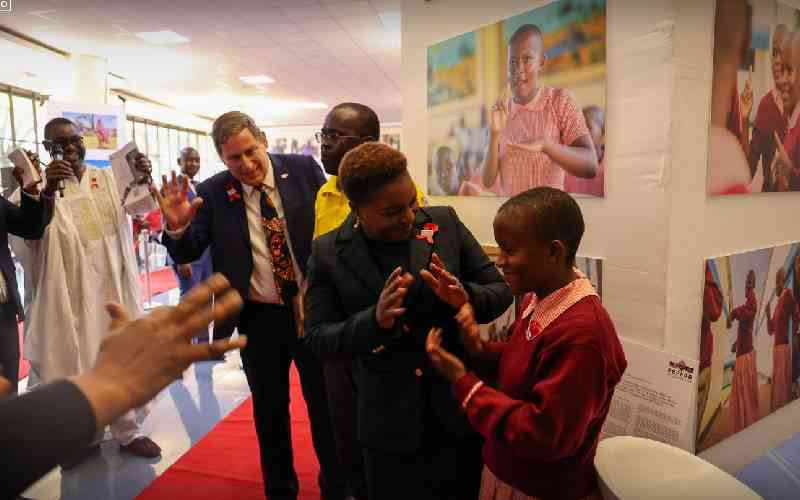×
The Standard e-Paper
Fearless, Trusted News

Shortage of teaching aids and human resources in special needs education institutions continues to pose a major challenge to students well-being.
Education stakeholders have said assistive devices and equipment needed by learners with special needs are unaffordable by some parents.